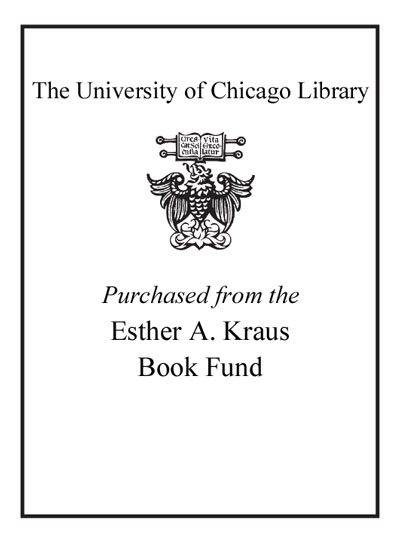Review by Choice Review
Bender (history, Univ. of Toronto, Canada) provides a high-level history of urban zoos in the 20th-century US. Sourced from the libraries and archives of several zoos, this book and its supplemental digital content shine a light on zoo history that was previously kept private. The book tracks the progression of zoos from educational exhibits and urban points of pride to parks for entertaining children, troubling prisons of captive animals that reflect the decline of the cities around them, and sprawling parks striving to balance the comfort of animals, the appearance of nature, and the entertainment of visitors. Themes include zoos' ties to imperialism; game hunters, animal traders, trainers, and other sometimes seedy individuals who made their fortunes via zoos; the gendered nature of zoo labor; and the meanings of rarity and wildness. The structure of the book forms a somewhat disjointed narrative that can make it difficult for readers to orient themselves in time. Readers should also consider Irus Braverman's Zooland: The Institution of Captivity (CH, Jul'13, 50-6182), which provides a complementary view of the current and historical role of zoos from a number of perspectives. Summing Up: Recommended. Upper-division undergraduates and above. --Jessica R. Page, Ohio State University
Copyright American Library Association, used with permission.
Review by Choice Review


